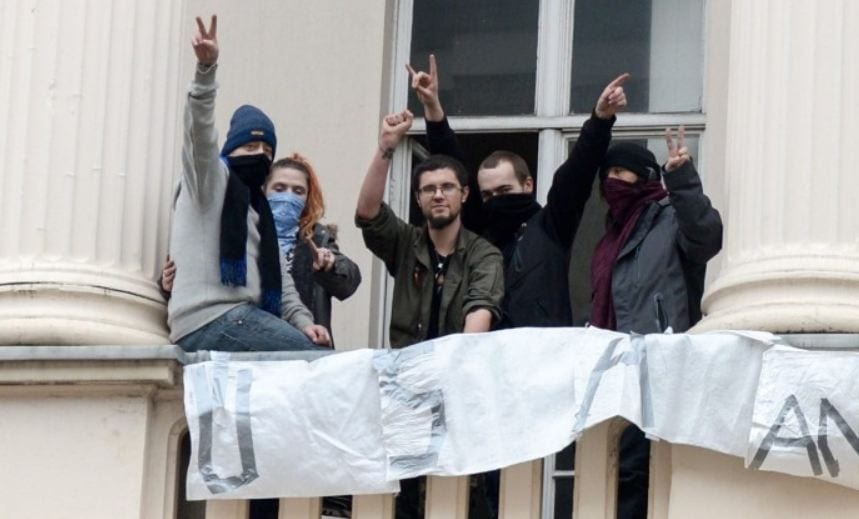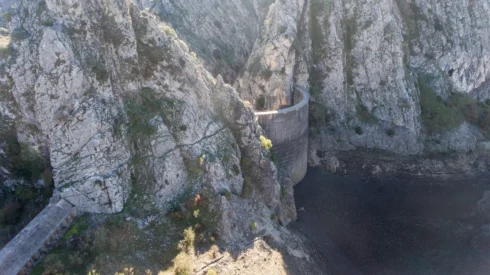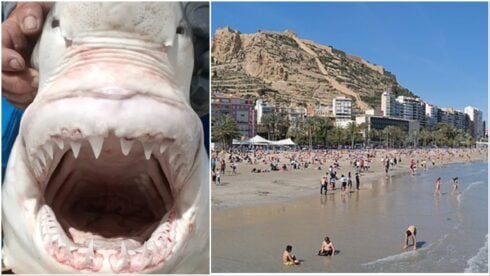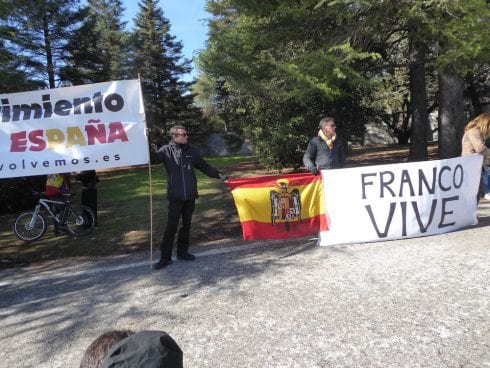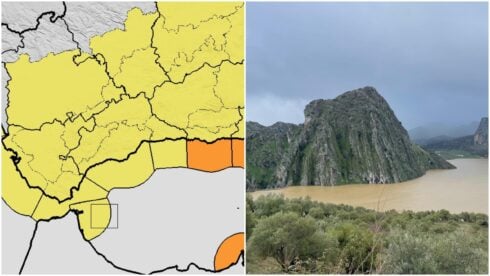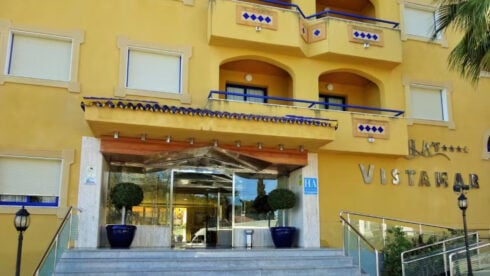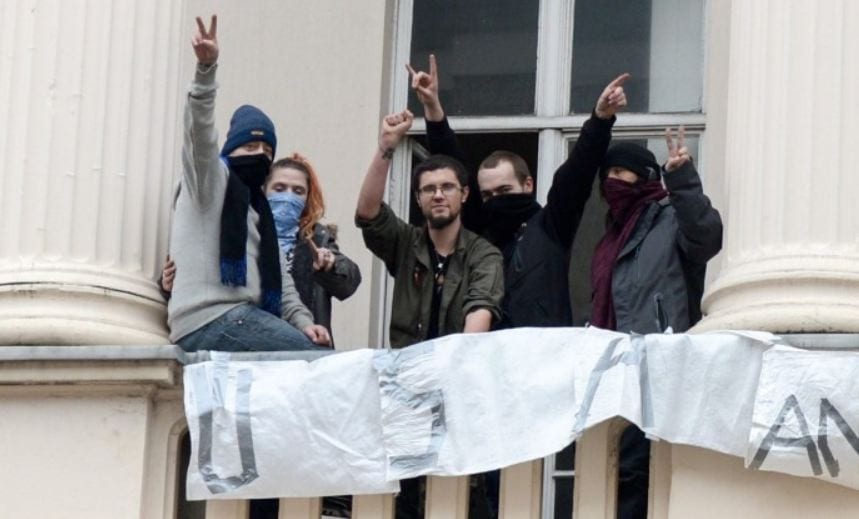
IT’S organised crime by any other name, committed by those who don’t give diddly squat for the rights of homeowners.
Despite the seemingly random trail of destruction they leave behind, squatting has now become a sophisticated operation reenforced by ringleaders with up-to-date knowledge of the legal system.
Last issue, Olive Press journalists investigated reports of squatters in Casares del Sol, an area so riddled with belligerent illegals that residents are ‘afraid’ to leave their homes and have even been threatened with knives.
Meanwhile in Alicante, one of our reporters was chased down the street and brutally attacked after photographing suspected squatters.
It came after a string of stories about illegal occupations in both Calpe and Formentera del Segura, with police, at least now, tackling the problem.
“These people are clever and opportunistic,” explains Olive Press legal columnist Antonio Flores of Lawbird, in Marbella. “They know the law inside out and so are protected.
“Squatters usually go for the more rundown areas where security is lower and homes are not protected.”
And oddly, this is all despite the new law passed last July (Ley 5/2018), which was supposed to make it easier for owners to recover their properties if they have been unlawfully occupied.
The legislation was intended to drastically speed up the eviction process, regardless of whether that property is owned or let out, so that squatters can now be ousted after just five days.
For homeowners wishing to take legal action against squatters the law requires either proof of ownership or a rental contract.
But because some squatters are illegal immigrants, courts have made concessions and identification is no longer a legal prerequisite for court proceedings and serving eviction notices.
The court will then issue an instant demand to the occupants to justify their presence.
If no proof of residence is forthcoming within the five days, a court order is issued for the immediate return of the property to the owner/tenant.

But the problem has not gone away. Quite the opposite, squatters have simply changed their modus operandi and are now targeting bank-owned, or repossessed, properties.
During our investigations, the Olive Press has discovered that gangs are apparently searching online for bank-owned properties – and they run into their thousands across hundreds of developments.
Squatters like these so-called ghost developments as it takes a longer time for them to be detected in a property no one comes home to.
“The banks are less inclined to initiate legal action, which is why their properties are being targeted,” says Flores.
“Any home which is outside busy urban areas is vulnerable, as there is less security.”
Squatters typically use property search engine Solvia, the real estate arm of the Banco Sabadell Group, to find repossessed homes as it provides a clear indication of properties left empty, making them sitting targets.
Once squatters break in – reportedly using ‘professional’ and ‘sophisticated’ means – they then sell the keys to families and individuals, charging around €2,000 to 3,000 a pop.
The issue is a relatively recent one, surfacing after 2009’s financial crash when Spain saw many property developers becoming indebted to banks for large sums.
Unable to pay back the money, banks repossessed many of these properties en bloc before trying to sell them on.
“It’s a mess because unfortunately the law is quite soft with squatters and it’s very difficult to get rid of them, while proceedings in civil law takes a very long time,” says Marbella property lawyer Vicente Ortiz.
“Of course this new law has helped, but it is only applicable to individuals.
“That means companies, banks and other financial institutions cannot benefit from it.”
The government could easily have covered business-owned properties in the new legislation but some blame also lies with the banks.
While making their properties harder to break into with reinforced doors and windows and other security measures, financial institutions need to find a way to quickly liquidate their assets.
A spokesman for Sabadell told the Olive Press that when one of their properties is illegally occupied, they try to find an equitable middle-ground solution which satisfies both the bank and the new owner.
However it may not be so cut-and-dried.
“We offer the houses at a reduced rate if there are squatters present,” a Solvia representative told this newspaper.
“Everything else is out of our hands.”
Click here to read more Spain News from The Olive Press.

